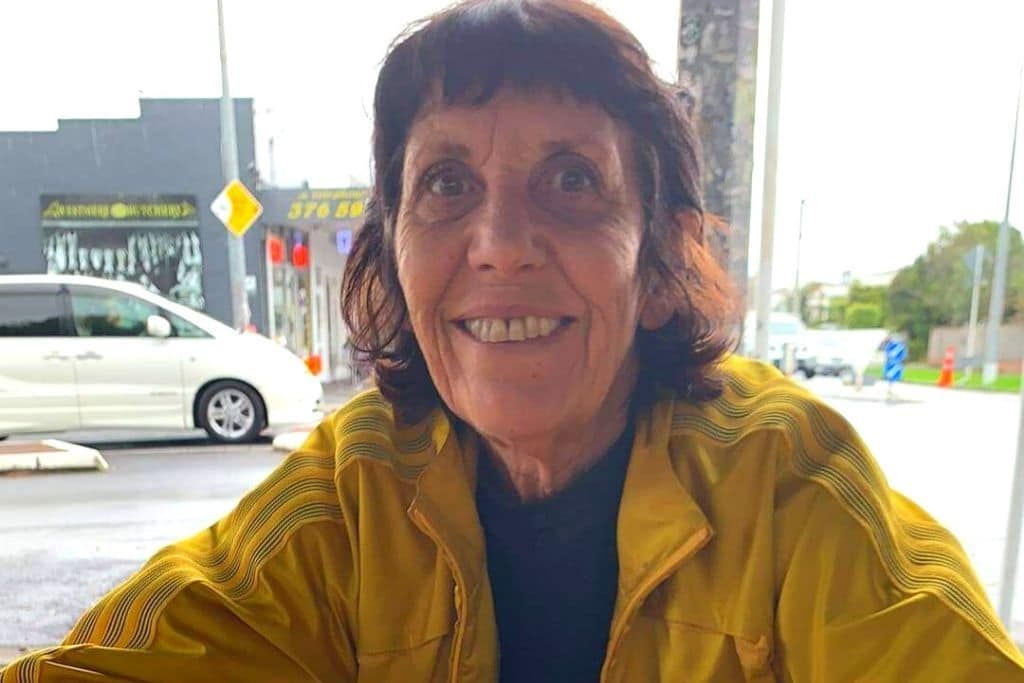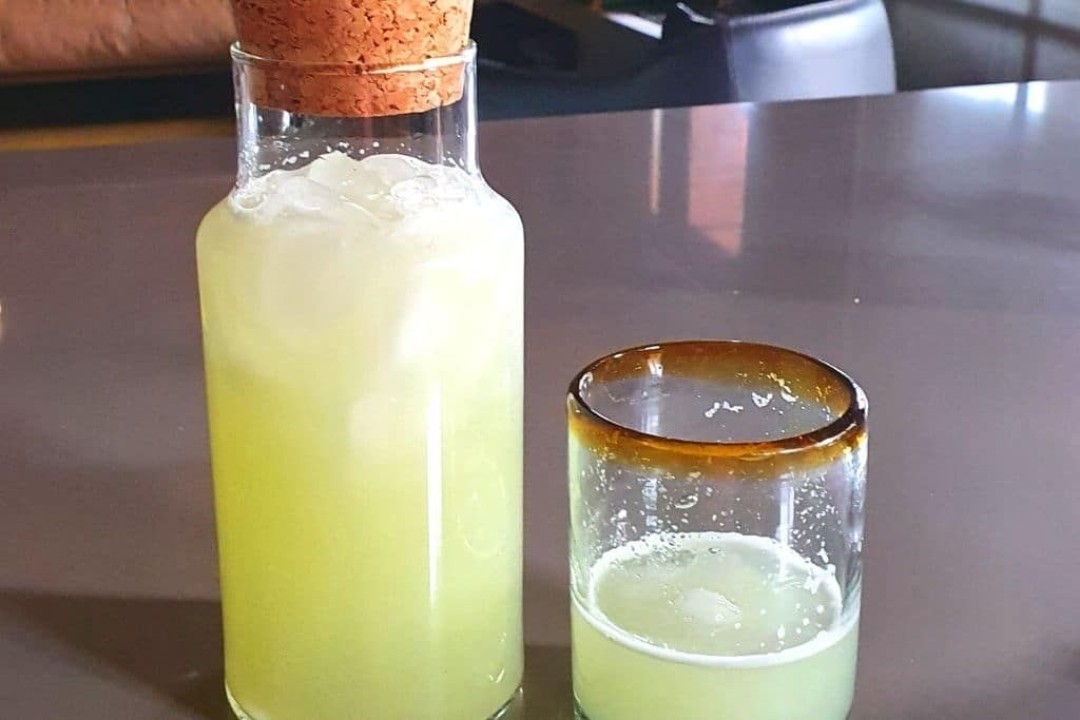Ask An Expert: Janet (Rehab Chairperson)
June 6th, 2022 Interviews 2 comments

Today’s expert is Janet, an addictions counsellor and the Chairperson of the Higher Ground Drug Rehabilitation Trust. She has also been awarded a Queen’s Service Medal for her work helping people with addiction.
============
Mrs D: How did you get involved in working in the recovery sector?
Janet: Through my own recovery journey. A wise pyschiatrist, Dr Fraser McDonald, met me when I was in active addiction and he was inspired by my transformation two years after I was into my recovery. He offered me a part time job at the Auckland Drug Dependency Clinic.
Mrs D: How did Higher Ground come about?
Janet: Whilst working at the clinic I realised there was a huge gap in services. People were detoxing off their drug of choice and had limited places to go for support. Services were nervous about treating people with addiction to drugs other than alcohol. Families were at their wits end as to how to support their loved ones. A group of concerned workers and family members formed a working group and a vision for Higher Ground was born.
Mrs D: Higher Ground is a therapeutic community, what does that mean exactly?
Janet: A therapeutic community is a treatment facility in which the community itself is the the treatment. The community provides opportunities for both self-help and mutual support, so in that way the community is the force that promotes personal change. Both residents and staff run the operation and manage the day-to-day workings, which helps create a safe learning environment. And we focus on the whole of the person – physical, emotional, social and psychological – so the community works to help people develop behaviours, attitudes and values that will lead them towards a new healthy way of living.
Mrs D: How does it work on a day-to-day basis?
Janet: We try to create a 24-hour environment just like that of a healthy, nurturing and positive family environment. So we set a daily living structure designed to help people learn about themselves, gain self-esteem, develop self-respect, learn about others, and foster mutuality and respect for others. Formal group and individual therapy sessions are important, but so are relaxing together, decision-making, problem-solving, empathising, reaching out, helping and teaching. Even the most fundamental necessities, such as laundry, cooking, maintenance and office work can be therapeutic, and are also vital in developing essential life skills. It works if we have honest participation from everyone.
Mrs D: Why are there such strict rules in place? Why is it important for the people who come in to have these?
Janet: First and foremost it’s for everyone’s safety. We set clear boundaries so that everyone knows where they stand and it builds trust.
Mrs D: What are the benefits with this kind of intense treatment programme?
Janet: There are many triggers when living with others and residents support each other to deal with day to day life challenges. They learn how to be assertive, how to respect themselves and others, and as a result self esteem and healing can begin.
Mrs D: Is it for everyone?
Janet: No, not everyone can cope with the intensity or can afford to be away from home for the length of the program.
Mrs D: Who can attend Higher Ground and how do they get in there?
Janet: We prefer it if people self refer. All they need to do is ring the admission number to book an assessment. Even if you are only considering it, it’s worth the process of calling and you can decide at a later date.
Mrs D: You do work with families as well, why is this?
Janet: We do work with families. On Wednesday night we have up to 100 people attend groups with the residents. Whānau need to heal together. Research shows that those who have whānau involved in their treament tend to do better. Plus whānau deserve support in their own right. We have family groups for pre admssion also.
Mrs D: You must have seen a lot of people entering recovery over the years, what is the key thing, do you think, that will make a person successful at turning their life around?
Janet: The bottom line is to surrender and stay humble and connected to support throughout your recovery journey.
Mrs D: Anything else you’d like to add?
Janet: Empathy and compassion go a long way to helping someone on their journey.
Continue reading
Navigating Social Spaces Sober
This guest post comes from member @emjaycee.
September 2, 2017 – 11 comments
Agua Fresca
This recipe comes from @suek who says: “I’ve been living in Mexico for the past 7 months.
May 23, 2021 – 5 comments
Tell us what you think
We currently are running a survey to find out what visitors to Living Sober site think about our site.
March 24, 2021 – 2 comments
My Sober Lockdown: Ted
This is a new series of ‘Sober Lockdown Stories’ featuring people with any length of sobriety sharing how they’re keeping themselves well during the global pandemic crisis.
April 11, 2020 – 18 comments


